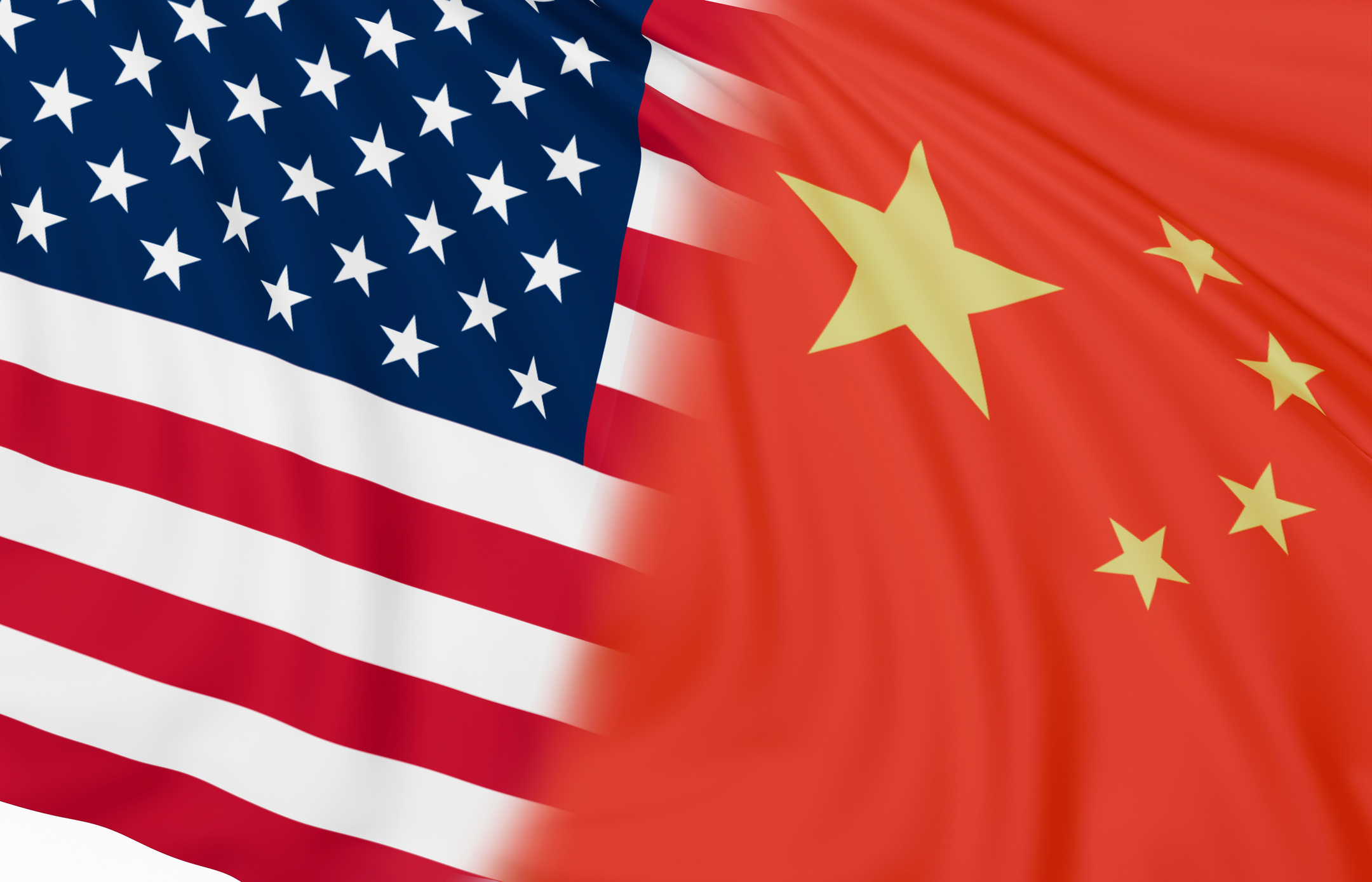NASA and Chinese officials are engaged in talks to let American scientists analyze rocks retrieved by China from the moon’s far side, according to the head of the U.S. space agency, as Washington pursues improved communication with Beijing on issues involving space.
China in June became the first country to collect rock samples from the permanently dark side of the moon’s surface, a demonstration of its growing prowess in space. Chinese officials offered the material to the world’s scientists for study, but publicly mentioned a U.S. law that limits cooperation by NASA with China.
NASA Administrator Bill Nelson said officials with his agency have been discussing with their Chinese counterparts the terms of Beijing’s loan agreement for the moon rocks after he assured American lawmakers “a month or two ago” that the talks would not pose national security concerns.
“We are now going through further clarification” with China, Nelson told Reuters at the International Astronautical Congress, a gathering of the world’s space agencies, in Milan.
Nelson said he thinks the talks will end “positively,” with China agreeing to provide access to the samples.
China’s uncrewed Chang’e-6 spacecraft returned to Earth on June 25 carrying the moon samples. Chang’e-6 earlier had landed on the moon’s South Pole-Aitken Basin, an impact crater on the side of the moon that always faces away from Earth.
The discussions on access to the rocks are among a handful of ongoing exchanges between the United States and China on space issues even as the countries continue to compete for military and economic dominance in space. They are the world’s two biggest space powers and two biggest economies.
Officials from multiple U.S. government agencies in the past year have embarked on delicate efforts to engage with China to establish areas of coordination and communication in space, according to three U.S. officials involved in the talks, speaking on condition of anonymity. This represents a shift in U.S. strategy toward China’s space program that is aimed at avoiding miscalculations in future space operations, they said.
U.S.-Chinese scientific cooperation has been criticized in recent years by some U.S. lawmakers focused on the military rivalry between the two nations. In August, President Joe Biden’s administration let a decades-old science and technology agreement with China expire. The two countries are now negotiating over whether to renew it.
Diplomacy on space has long been deterred by a 2011 U.S. law called the Wolf Amendment, named after now-retired U.S. congressman Frank Wolf, that was passed by Congress to ensure that American technologies stay out of the hands of China’s military. Under this law, NASA must work with the FBI to certify to Congress that any such talks with China would not threaten U.S. national security.
Space has become an increasingly contested arena, charged by the rise of Elon Musk’s U.S.-based company SpaceX and a resurgence in interest by governments in expanding satellite communication networks and space exploration.
(Reuters)










